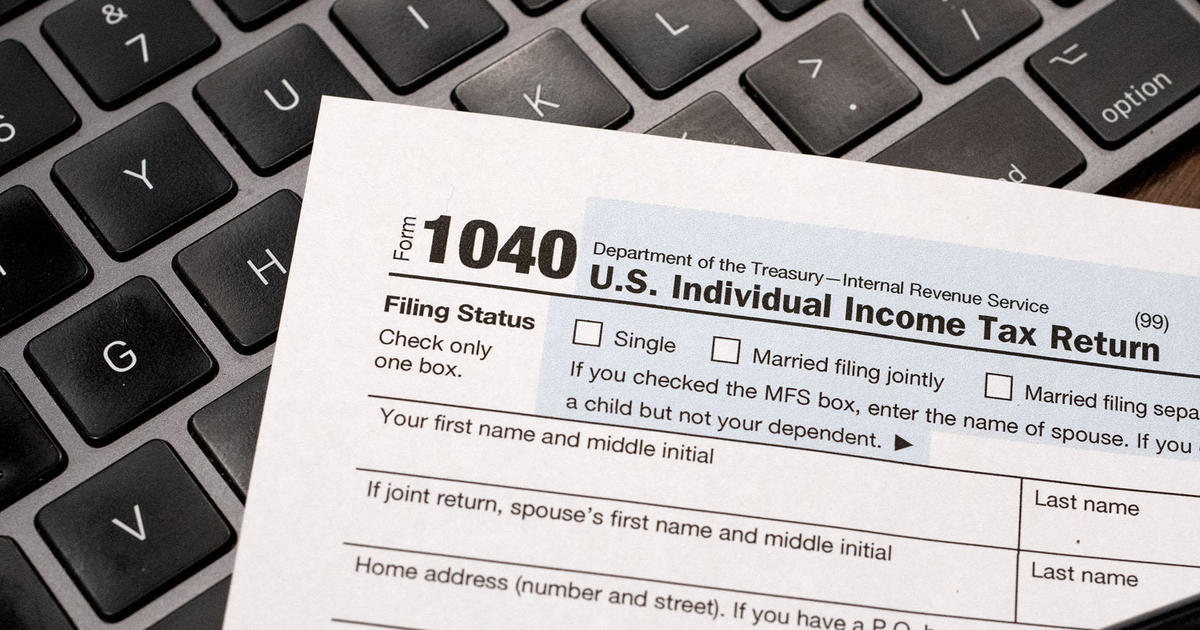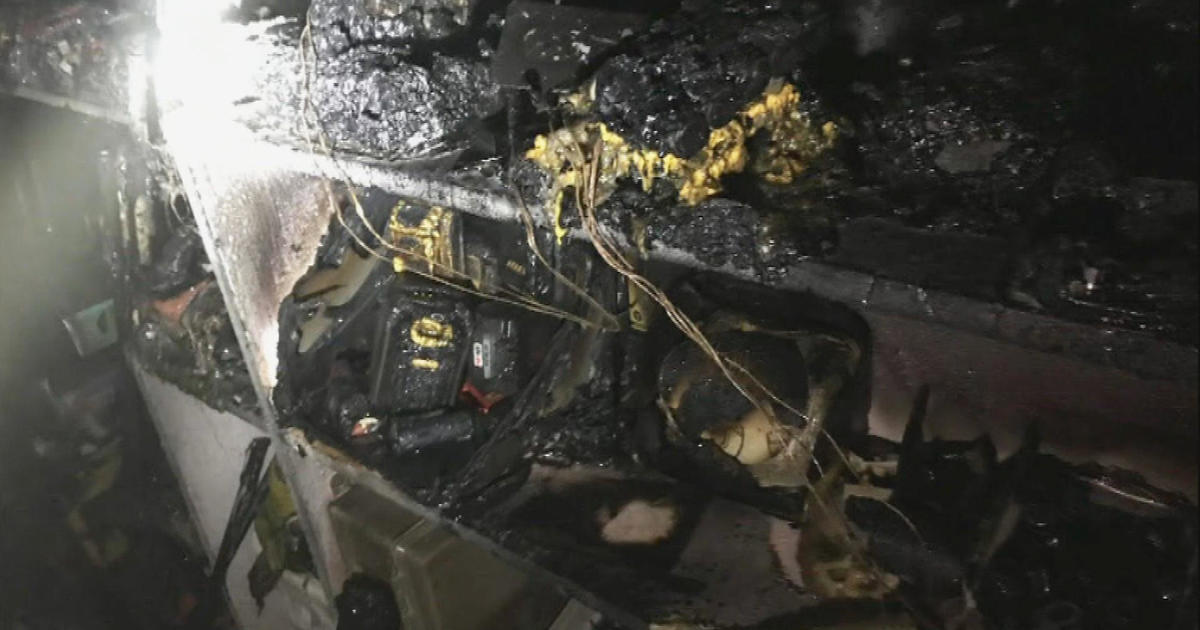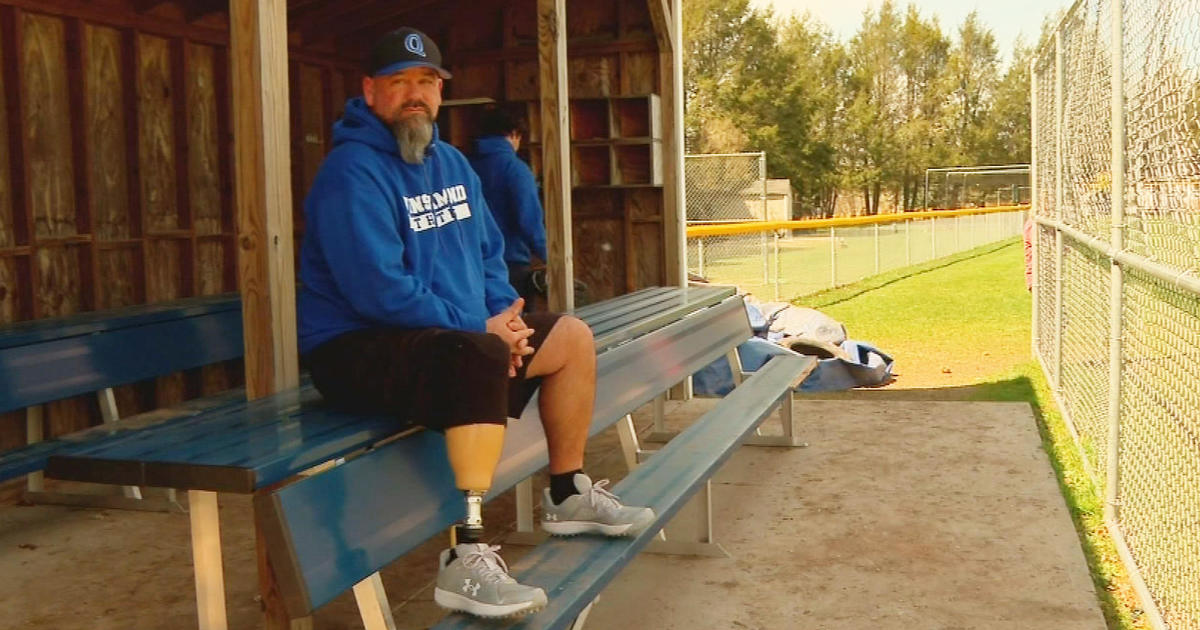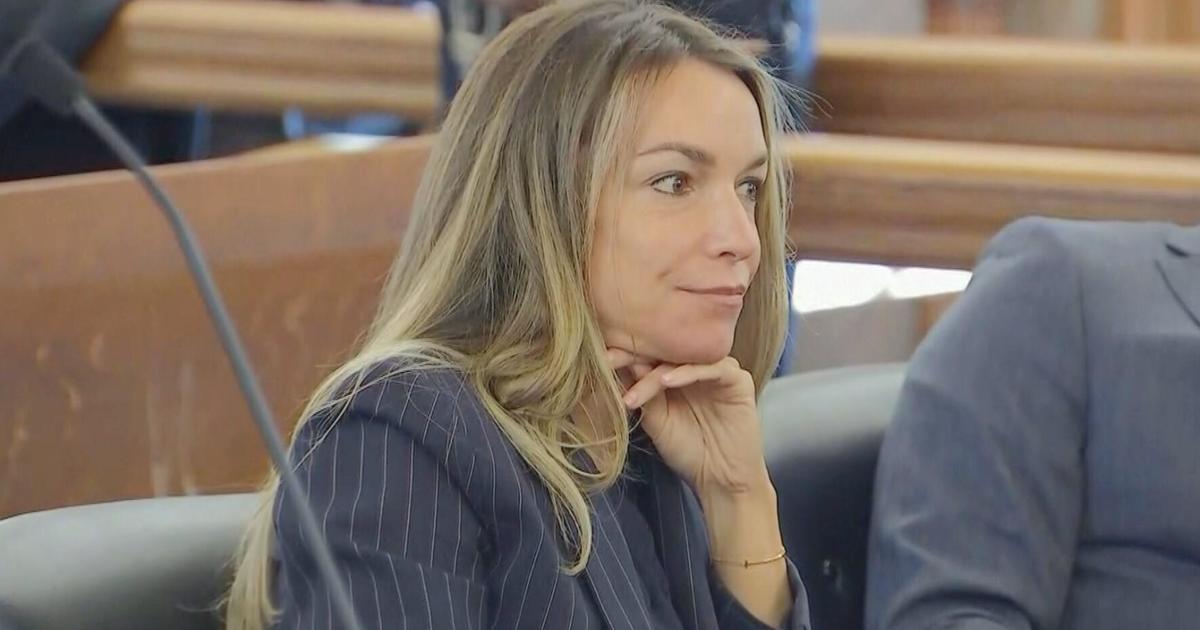Curious Why Some Workers Can Cash In Sick Days
 WBZ
WBZ
Here's an easy question. Do you get paid for sick days you don't use? Most people will answer, "no way." But in many cases, if you're a state, city or town employee you can cash-in a portion of your unused sick days when you retire to the tune of thousands of dollars.
Carrie from Framingham wants to know why that is. She went to our curiosity page and says: "This is not something that happens in the private sector. I don't think we can afford this additional parting gift."
The numbers may surprise you. Last year the state's Executive Branch paid $6 million in sick day buy backs. The Judiciary paid about a million dollars. The Legislature? Well, we asked, several times, but got no answer.
BOSTON BUY BACKS
If you think the state paid a lot, take a look at the cost to the City of Boston. In 2008 the cost was about $12 million. Over five years it added up to about $68 million. WBZ-TV news acquired a list of just one year of sick day buy backs in Boston. To give you an idea of how much a long time employee can get, here are some examples: One person got $40,000 another $65,000, another received $79,000 and a real eye popper, a more than $200,000 cash out. Of course, many others received lower amounts.
It's important to point out that no one is doing anything wrong. Many public employees like police, teachers and firefighters are allowed to carry over unused sick days year after year, and when they retire, they're paid for a percentage of them. The buy backs vary by union and at various levels of government. For example, by law, state workers can cash in 20 percent of their unused sick days, while the Boston Teachers' contract allows 40 percent.
"This is a troubling policy," says Michael Widmer who heads the Massachusetts Taxpayers Foundation. Widmer says that since this kind of deal is virtually unheard of in the private sector, that public employees shouldn't get it either. "Clearly at a time of fiscal crisis this should be examined, and frankly, it should be abolished as quickly as possible," says Widmer.
POLICY SAVES MONEY?
But some people say, not so fast. They argue the policy saves money by discouraging absenteeism, and reducing the need to replace employees who are out sick either through overtime or, in the case of teachers, by bringing in substitutes. Plus, change is not easy because the benefit is often a part of union contracts, so would be the subject of the give and take of negotiations. At the state level the law would have to change before the policy could.
However, it is on the State House radar. "We think we should take a look at it, and we should modernize it," says Paul Dietl, Governor Patrick's chief human resource officer. But that doesn't mean it will change. The Executive Branch is reviewing all employee programs, including the sick day buy backs, with the goal of coming up with a comprehensive plan. That means Dietl won't take a position on the buy backs alone. "You're asking me to pre-judge the outcome before we do our research," he says.
At the municipal level, we asked whether Boston Mayor Thomas Menino favors change. His office sent us a statement saying: "Sick leave buyback programs are incentives to increase employee productivity - employees who come to work more days per year are more productive."
CHANGE NEEDED?
The Mass. Taxpayers' Foundation's Michael Widmer says change is necessary for more reasons than just financial. "I think this really fans the flames of public anger toward government, and I think that's really unfortunate," he says.
Some communities are taking action. Braintree capped the benefit for non-union employees, cutting a $100,000 cost in half. "If you can save $50,000, you can retain a teacher or a police officer," says Braintree Mayor Joseph Sullivan. And with budgets tight, this debate could heat up. Expect to hear the argument that sick days are supposed to be used only when you're sick.
WBZ reached out to several unions to get their perspectives, but none of them would talk on-camera. However, the Boston Teachers' Union sent us this statement: "Allowing teachers to buy back their sick time at 40 cents on the dollar is a budget neutral benefit that encourages educational quality and continuity. This common sense policy rewards dedicated teachers with exemplary attendance. Absent teachers must all be replaced by a qualified substitute, at significant expense to the school department. Student progress also suffers when the regular classroom teacher is out."
One other note, elected officials do not get this benefit.
Make your voice heard. Click here to comment on this story and read comments left by others.
© MMX, CBS Broadcasting Inc. All Rights Reserved.



